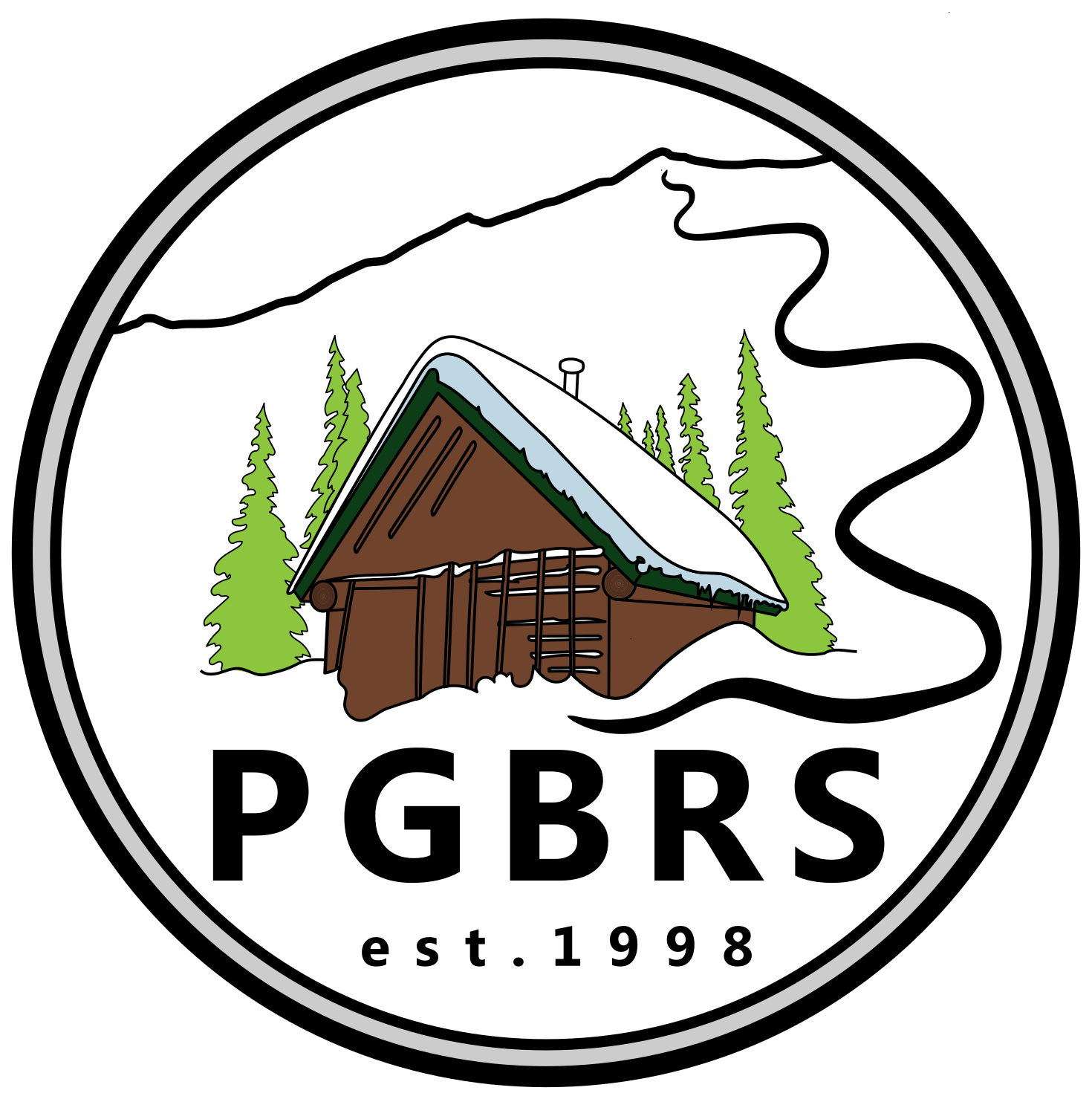2020.02.15: Investment in RSTBC needed for public safety, ecological conservation and Indigenous Reconciliation
Thursday, February 25, 2021 From: To: Re: Dear Madam/Sir, The purpose of this letter is to advocate for an increase in the staffing and resources of Recreation Sites and Trails British Columbia (RSTBC). Their services to the public are in growing demand and are critical to the long term management of recreation in British Columbia and to meaningful reconciliation with Indigenous peoples. In this letter, we focus on the Prince George – Mackenzie Recreation District (PGMRD), however, given the widespread agreement between recreation clubs and societies[1], we believe our sentiments are shared around the province. 10 million hectares to manage RSTBC is a great partner Backcountry usage is increasing Growth should be matched Only one recreation officer Reconciliation as a priority Our region is already at capacity in 2021 Recommendations With these actions, the collaboration between volunteer nonprofit clubs and societies will go much further towards conservation, safety, and reconciliation, while supporting local users and the tourism sector. And in maintaining BC as an outstanding recreation destination. Thank you for taking the time to hear our concerns and consider our request, and please do not hesitate to contact us with any questions you may have. Sincerely, Prince George Backcountry Recreation Society [1] https://www.orcbc.ca/support-rstbc/Read the letter
PGBRS
MLA Prince George-Valemount, MLA Prince George-Mackenzie, Premier of BC, Minister of FLNRORD, Deputy Minister of FLNRORD, Associate Deputy Minister, Director RSTBC, Regional Manager RSTBC – North, Recreation Officer
Open letter – Investment in RSTBC needed for public safety, ecological conservation and Indigenous Reconciliation.
The Prince George Backcountry Recreation Society (PGBRS) is made up of 11 member clubs in the Central Interior of British Columbia, which when combined represent roughly 5,000 members. Our projects and activities are concentrated in the PGMRD, an area of nearly 10 million hectares that boasts 250 active Recreation Sites[2] and 628 active Recreation Trails[3] that cover ~1500 km (including motorized trails). In addition, there are numerous well established trails on the landscape that have no status at all.
The PGBRS and its member clubs have maintained an excellent working relationship with RSTBC over the years. In fact, we have collaboratively managed many backcountry trails and cabins through partnership agreements for over 20 years. We would like to thank all RSTBC staff for their exemplary work and positive attitude while under-resourced.
As with many parts of the province, we have seen a growing interest in both summer and winter backcountry recreation, particularly in the past 5 years. Population growth in the Central Interior is certainly influenced by the abundance of recreation opportunities so close to where people live. Moreover, the global pandemic has inspired many to recreate in the backcountry for the first time. This growth can be demonstrated in a number of ways – anecdotal observations, social media hiking groups that exceed 5000 members, record memberships for many of our member clubs, and fully booked seasons for backcountry cabins.
The PGBRS fully supports this growing user group for the obvious benefits of physical and mental health, conservation education, indigenous reconciliation, and the pleasure of backcountry recreation. However, we caution that growth should be matched with increased government resources for management, maintenance and education to increase safety, and also mitigate the potential environmental problems of increased usage (erosion, etc.), and potential conflicts between user groups.
Recreation officers have their work cut out for them, and our expectations of them have grown. They are responsible for: the maintenance and management Sites and Trails; managing partnership agreements with clubs; relationships with local governments and BC Parks; and all recreation referrals (Section 56 and 57). The field and administrative tasks are monumental. In our region we only have one Recreation Officer and one Recreation Technician. We believe that this under-staffing limits our ability as a not-for-profit to fulfil our mandate to encourage the safe and wise use of the backcountry.
We are also faced with an increasingly intricate landscape for recreation authorizations and the importance of sincere and patient stakeholder engagement has never been more important. The implementation of the United Nations Declaration on the Rights of Indigenous Peoples (UNDRIP)[4] in British Columbia requires additional resources to be implemented properly, in the spirit of reconciliation in good faith.
We are two months into 2021, and our region is not able to take any new Section 56 or Section 57 applications until 2022, which is already filling up quickly. This capacity issue is of great concern for not-for-profit societies that aim to encourage the safe and wise use of the backcountry through proper infrastructure management.
In order to manage the growing interest in backcountry recreation, we recommend that the Province of British Columbia take the following proactive actions to support RSTBC:
[2] https://catalogue.data.gov.bc.ca/dataset/recreation-polygons
[3] https://catalogue.data.gov.bc.ca/dataset/recreation-line
[4] http://www.un.org/esa/socdev/unpfii/documents/DRIPS_en.pdf
